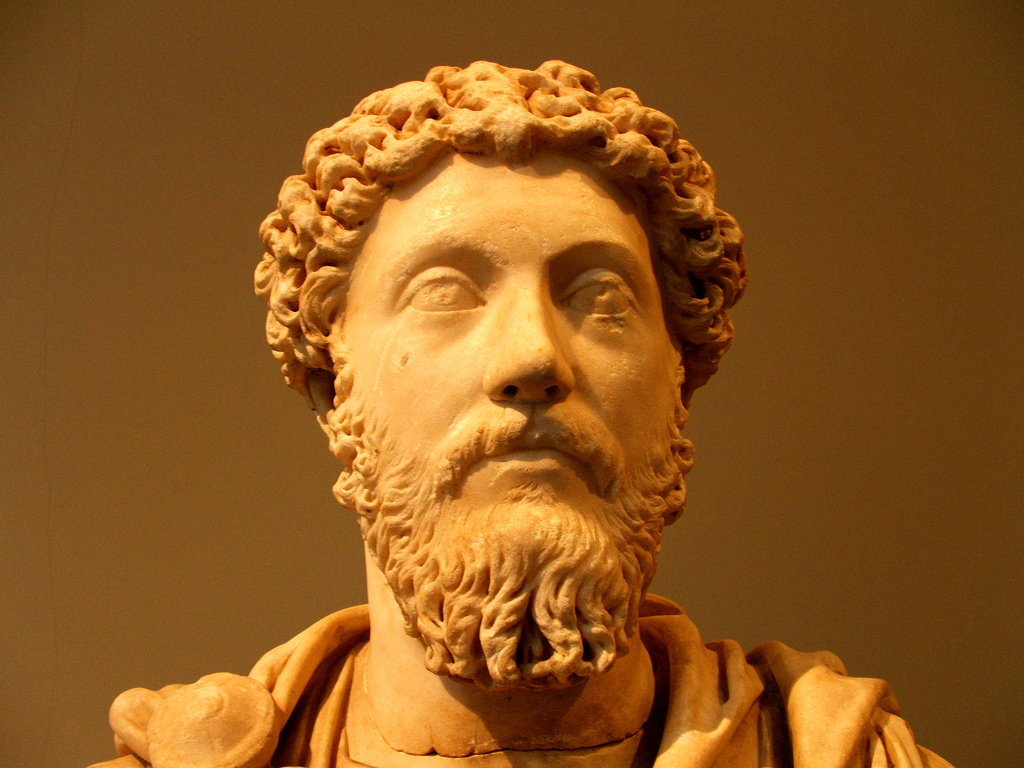To completely unlock the Stoicism of Marcus Aurelius’ Meditations and Epictetus’ Enchiridion, the three Stoic rules of life or disciplines in the Meditations and the three Stoic acts of the soul and exercise themes in the Enchiridion must be related to one another. For that, I must introduce and explain the missing piece of the puzzle: the three Stoic domains of reality in the Meditations.
Photo courtesy of Wikimedia Commons
Upon reading my post on the three Stoic rules of life or disciplines in Marcus Aurelius’ Meditations, one of my readers remarked that she would like me to further explain them. Another reader, upon reading my post on the three Stoic acts of the soul and exercise themes in Epictetus’ Enchiridion, quipped that he needed an explanation of the explanation. This post has the missing puzzle piece.
The three Stoic domains of reality in Marcus Aurelius’ Meditations are:
1. Universal Nature. God or Reason (logos), which is the organizing principle of the cosmos, including our own nature.
2. Human Nature. Our inner god (daimon) or reason (logos) in us, which is a manifestation of Universal nature within us.
3. Faculty of Judgment. Our intellect, capacity to reflect (dianoia,) guiding principle (hegemonikon) or individuated soul.
In next week’s post I’ll show you how the three Stoic domains of reality in Marcus Aurelius’ Meditations relate to the three Stoic rules of life or disciplines in Marcus Aurelius’ Meditations and the three Stoic acts of the soul and exercise themes in Epictetus’ Enchiridion, fully unlocking both Marcus Aurelius’ and Epictetus’ Stoicism.
Question: In what passages in the Meditations do you find the three Stoic domains of reality?









